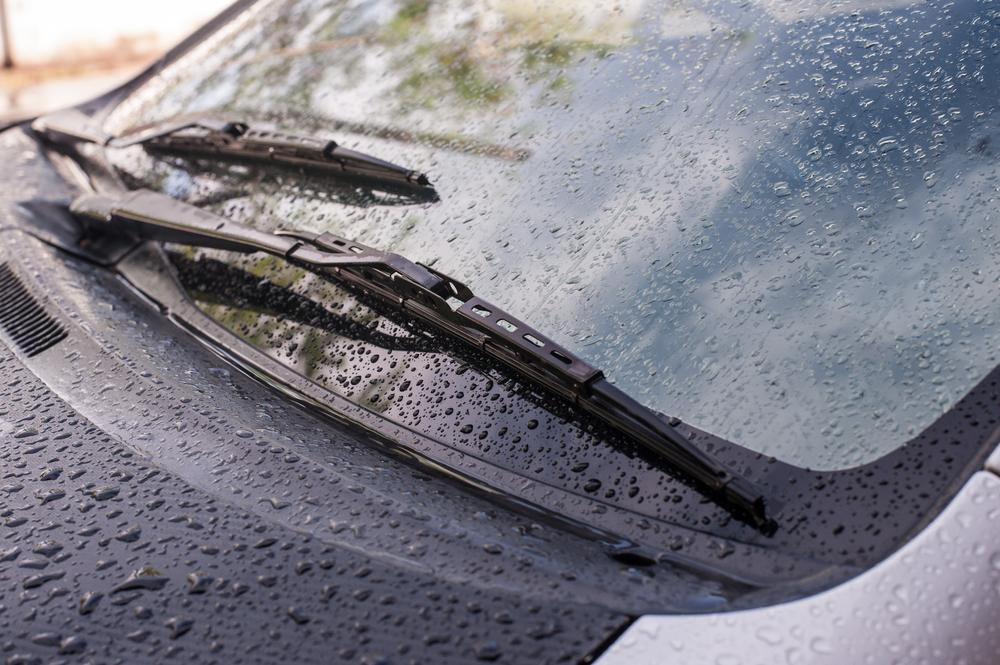Maximize Your Insurance Benefits for Efficient Windshield Repairs
Learn how to effectively utilize your auto insurance for windshield repairs. Understand the importance of deductibles, when filing a claim is beneficial, and the steps to ensure a smooth process. Protect your vehicle and save money with these professional tips for managing windshield damage claims.

Maximize Your Insurance Benefits for Efficient Windshield Repairs
Imagine driving confidently on a clear, sunny day when suddenly, a small stone or debris strikes your vehicle's windshield. This incident can cause chips, cracks, or more extensive damage depending on the size and impact. Common causes of windshield damage include gravel kicked up by other vehicles, icy debris during winter, or even the impact from birds or falling objects. Such damages not only compromise the safety and integrity of your vehicle but also diminish its aesthetic appeal.
In today's world, understanding how to leverage your auto insurance policy can help you save money and time when repairing or replacing damaged windshields. Most auto insurance policies include coverage options for glass damage, which can cover repair costs or full replacement depending on severity. Being informed about these coverages ensures you make smart decisions, potentially avoiding unnecessary out-of-pocket expenses.
Before you decide whether to file an insurance claim for windshield damage, it’s important to consider several key factors that can impact your decision and your policy benefits.
Understanding your deductible is crucial. Your comprehensive coverage usually includes a deductible, which is the amount you are responsible for paying before your insurance covers the rest. Typically, if the cost to repair or replace your windshield exceeds your deductible, filing a claim can be a financially wise choice. If the damage is minor and repair costs fall below your deductible, paying out-of-pocket might be more practical.
For full windshield replacements, the decision to file a claim depends on the extent of the damage and repair costs. If repairs are expensive, covering the deductible and making a claim might be advantageous, preventing you from paying large sums upfront.
Another critical aspect to consider is whether filing a claim will affect your insurance premiums. In most cases, minor damages caused by stones, weather, or animals do not increase your rates. However, if the damage results from a collision or an at-fault incident, filing a claim could lead to increased premiums during your next renewal cycle.
Here are straightforward steps to take if you decide to file a windshield damage claim:
Contact your insurance provider promptly to report the damage. Use their preferred method—phone, online portal, or in person—and review your coverage details carefully.
Arrange for an insurance adjuster to assess the damage. Their assessment helps determine if your insurance will cover the repair or replacement.
If approved, coordinate with your insurer to get your windshield repaired. Many insurance companies partner with reputable auto glass repair shops for quick service.
If you prefer a specific repair shop, you can pay out-of-pocket and submit your invoice for reimbursement, provided your insurance policy allows it.
By understanding these vital steps and considerations, vehicle owners can optimize their insurance benefits, ensuring timely, cost-effective windshield repairs. This proactive approach not only saves money but also maintains the safety and value of your vehicle in the long run. Proper knowledge of your policy and repair process can make the difference between an uninsured hassle and smart utilization of your insurance benefits.





